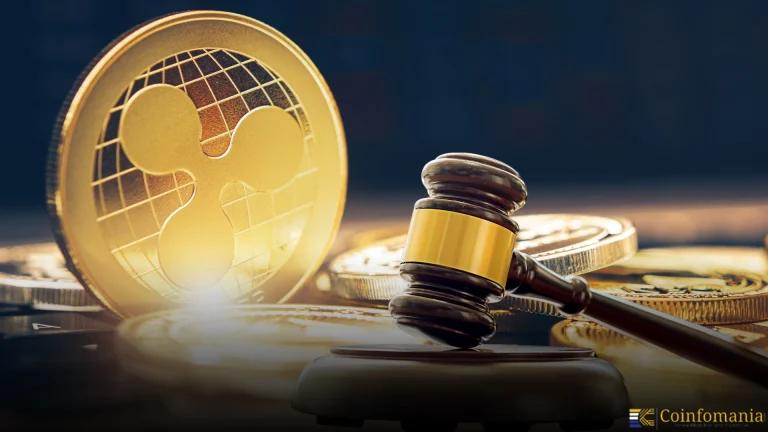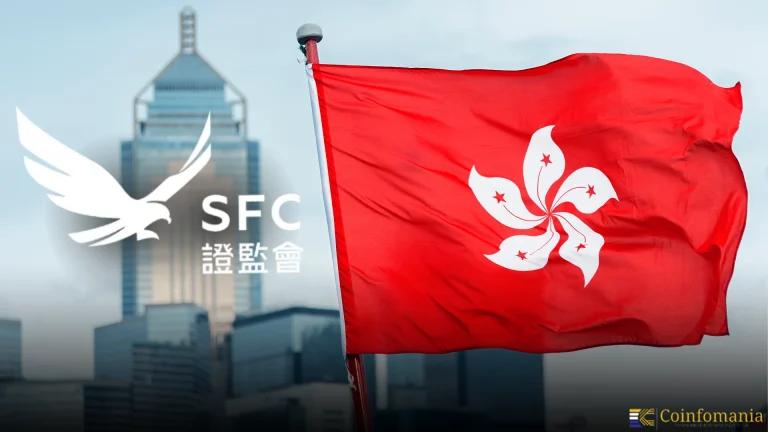Cryptocurrency Regulation in the Democratic Republic of the Congo (DRC)
The Democratic Republic of the Congo (DRC) is a country that is opening its doors to digital-asset activity but attempting to protect an emerging financial sector. Regulation is mainly under the Banque Centrale du Congo (BCC), which enables citizens to acquire and trade crypto at their own risk but has not legalised any local exchange […]

The Democratic Republic of the Congo (DRC) is a country that is opening its doors to digital-asset activity but attempting to protect an emerging financial sector. Regulation is mainly under the Banque Centrale du Congo (BCC), which enables citizens to acquire and trade crypto at their own risk but has not legalised any local exchange or deemed crypto as legal tenders yet.
The state is enthusiastic about walking the tightrope between innovation and consumer protection because recent alliances appear the most noticeable, including a Binance mobile-money on-ramp and preliminary discussions of a CDF-pegged stablecoin.
Historical Context
- 2018–2020: BCC gave out warnings publicly that crypto schemes were not authorised and that users would be at risk of fraud.
- 2021: Virunga National Park started receiving Bitcoin and Ethereum donations, which demonstrates the usefulness of crypto in conservation financing.
- 2022: Telegram The Ministry of Digital Economy began talks with Telegram TON Foundation on a Congo-backed stablecoin.
- 2024: BCC Instruction No. 58 ordered complete interoperability between mobile money and payment networks, a prerequisite to regulated crypto gateways.
- 2025: A draft of a broader Digital-Asset Law was put under inter-ministerial review with the view to issuing licenses to exchanges and token issuers in late 2025.
Regulatory Framework
There are some important authorities that control the cryptocurrency industry:
- Banque Centrale du Congo (BCC): controls payments, issues warnings about crypto, and is expected to give licences in the future.
- Ministry of Digital Economy: Oversees policy design and a future regulatory sandbox.
- Ministry of Finance: Formulating tax regulations of crypto-to-fiat exchanges and capital gains.
AML/KYC Requirements:
Banks and mobile-money operators should identify their customers and send Suspicious Transaction Reports in case of crypto-related cash flows above USD 10 000. A sandbox rulebook will transfer the same standards to licensed exchanges.
Taxation:
Currently, crypto gains are subject to the general capital-income regulation. Bills to be drafted in 2024 had imposed a 5% withholding tax on crypto-fiat conversions that exceed USD 5,000.
Congo Crypto Policies
Legal Status: Crypto is legal to possess and transact, although not considered as a medium of exchange; all retail bills have to be paid in CDF or USD.
Mining: unrestricted and unregulated; small farms using hydropower are present in North Kivu.
Controlled Exchanges: Not as yet. Any platform will be obliged to have a Digital-Asset Service Provider (DASP) licence after the 2025 law is enacted.
Government Projects: The projects of the government are pilot programmes such as a land-registry proof-of-concept on blockchain and a planned CDF-stablecoin using TON.
Crypto Innovation Approach
The Digital-Economy Ministry has become an advocate of a sandbox first approach: capping the number of users, strict disclosure regulations, and on-the-spot oversight. Areas of focus are remittance tokens, micro-savings products and blockchain-based agricultural supply chain solutions. Important partners in innovation are conservation groups, universities and telecoms.
Key Challenges and Issues
- The regulatory grey zone leaves start-ups unlicensed, and investors cautious.
- The rampant Cyber-fraud & Ponzi schemes on social media are losing the trust of people.
- There are infrastructure deficiencies (unreliable power, poor internet penetration) that impede the mining and exchange availability.
- Dollarisation risk: The authorities are concerned that stablecoins would hasten the exodus out of the CDF.
The lack of consumer education exposes users to volatility and phishing attacks.
Important Regulatory Tendencies and Prospects
Recent Developments:
- Instruction 58/2024 allows access to the national payment switch by fintech.
- Binance introduced on-ramps to Airtel Money and Orange Money (Oct 2024).
- The proposed Digital-Asset Bill would introduce DASP licences, on-shore custody and a 1% transaction levy to fund cyber-crime.
What’s Next:
- The Digital-Asset Bill will be debated in parliament in Q4 2025.
- The BIS Innovation Hub and BCC will test a wholesale Central Bank Digital Currency.
The initial version of the sandbox, which will most probably be a local exchange and TON stablecoin, is expected to launch in 12 months after the bill is passed.
Conclusion
DRC is at present in a guarded position: cryptocurrency possession is legal, yet there are no official permits and consumer protection, which makes activity mainly unofficial. Provided that the regulations are practical and that enforcement is not over-aggressive, the implementation of the 2025 Digital-Asset Bill by parliament could see Congo move beyond the grey-market experiences to a regulated but innovation-friendly environment.
FAQs
1. Is it possible to make purchases using crypto?
No. Merchants have to charge and transact in Congolese francs (CDF) or United States dollars.
2. Is it legal to own Bitcoins?
Indeed, people can legally possess any cryptocurrency. Nevertheless, the holders are not covered by deposit insurance protection or investor protection.
3. Are there any licensed exchanges in Congo?
Presently, there are none which are licensed at home. The parliament is anticipated to enact the 2025 bill which is likely to introduce a Digital-Asset Service Provider regime.
4. What is the reason Binance is there?
Binance brings Congolese on board by using offshore infrastructure and local mobile-money rails. It is thus affordable, though not regulated by the BCC.
5. Is crypto mining illegal?
Mining is not forbidden by a certain law. In North Kivu, small hydro farms are in operation in the open.
6. What is the taxation of crypto gains?
According to the current regulations, profits are classified as regular capital income. Draft 2024 finance bills will include a 5% withholding tax on sizable fiat conversions.
7. What was in the BCC notice of 2018?
The central bank cautioned that crypto schemes without licenses were unlawful and proceeds were at a high level of fraud. It directed promoters to stop taking deposits.
8. Will Congo issue their stablecoin?
The Ministry of Digital Economy is investigating a CDF-pegged token with the TON Foundation. The project is still in the concept phase before the approval of the sandbox.
9. Does it have a regulatory sandbox?
A fintech sandbox program is under finalization. The initial group, which probably involves a local exchange and the TON stablecoin, may begin in 12 months after the new law.
10. When will the full regulation take place?
Legislators hope to enact the Digital-Asset Bill towards the end of 2025. A detailed BCC licensing regulation would soon follow.
Follow us on Google News
Get the latest crypto insights and updates.
Related Posts

Ripple Highlights Custody as Key to $18.9T Tokenized Assets by 2033
Shweta Chakrawarty
Author

Hong Kong SFC Issues New Custody Rules for Crypto Platforms
Shweta Chakrawarty
Author

South Korea and Vietnam eye $150B trade despite Trump tariff
Shweta Chakrawarty
Author